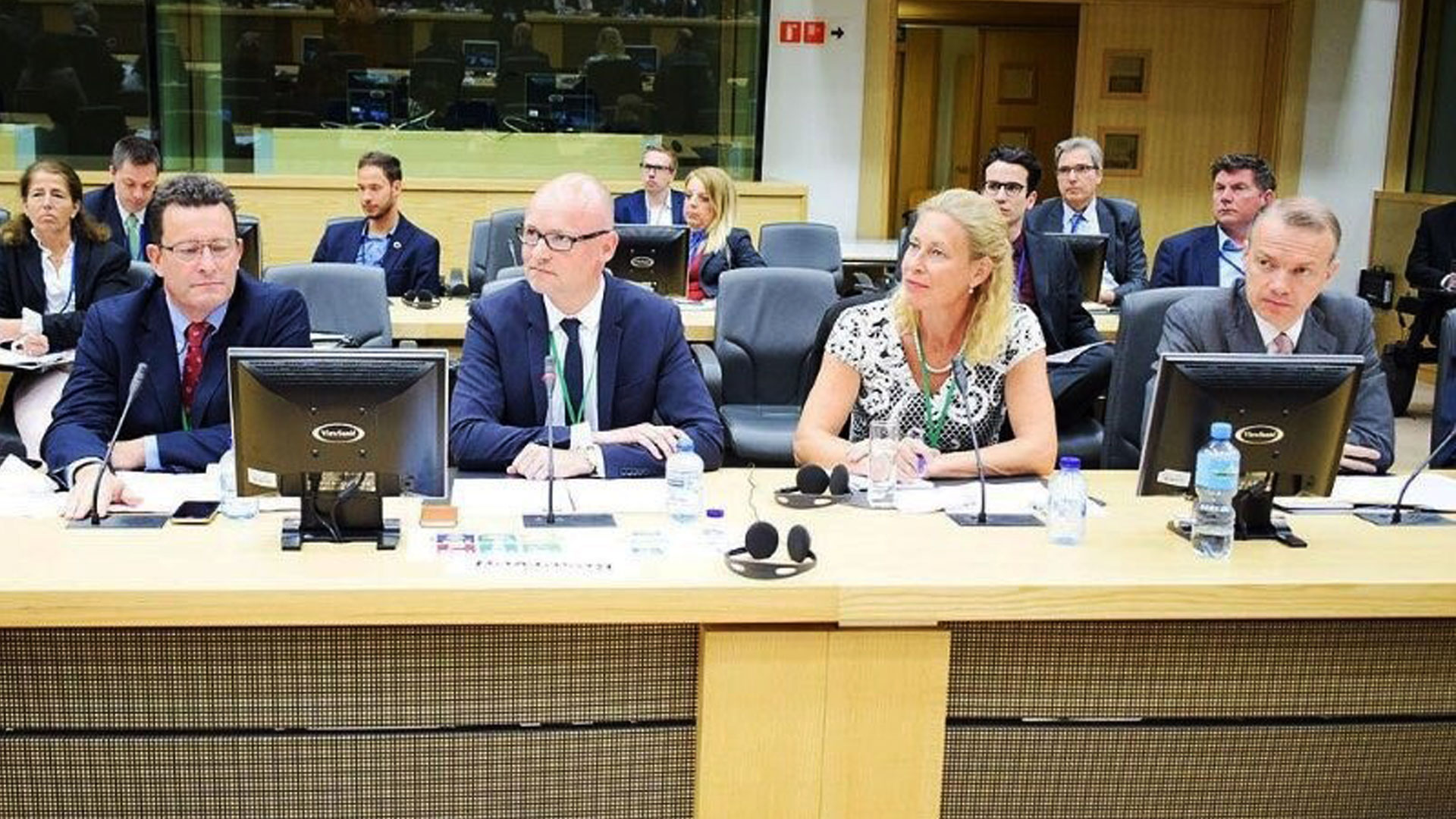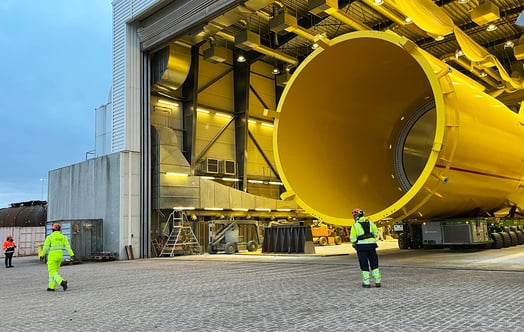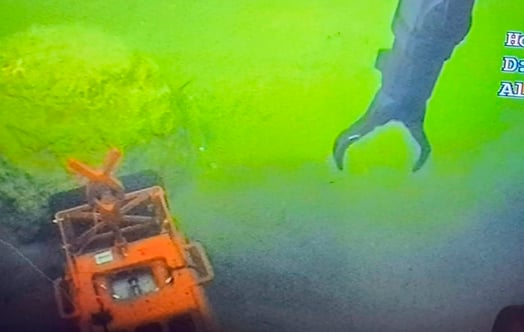“Industry collaboration vital for sustainable development”
Annika Ramsköld, Vattenfall’s head of sustainability, key speaker at Sustainable Development Goal summit in Brussels
Vattenfall, represented by Annika Ramsköld, head of Sustainability was jointly with the Wind Europe Association one of the key speakers at the annual Brussels Sustainability Development Goals Summit on Wednesday, 23 May.
During a council style meeting Vattenfall and representatives from other industries presented their efforts towards relevant Sustainability Development Goals and how these will push the development faster. The United Nations’ Sustainability Development Goals have been signed by 193 nations.
In her speech, Annika Ramsköld emphasized the need to collaborate in sector initiatives like WindEurope, Sustainable Biomass Partnership and Bettercoal. She also called for more radical collaborations across sectors, involving private-public partnerships as well as local stakeholders and NGOs.
Fossil free steel collaboration one good example
On the question ‘What is important when collaborating with others to drive the sustainability agenda forward?’ she answered:
“It is through collaboration and daring to jointly be innovative that we can push the bar beyond organisational borders and contribute to sustainable development. When collaborating, The collaboration needs to have a clear vision, and it must build on transparency and willingness to share and innovate together. ”
“One example is HYBRIT – the vision to produce fossil free steel where three different industries, mining, steel and energy, have joined forces supported by the Swedish Energy Authority. Another example is Roadmap Sweden where more than 80 companies and organisations jointly have set a roadmap for how to get 1 million electric vehicles on the road in Sweden by 2030.”
Annika Ramsköld mentions some key takeaways from the meeting and other presentations:
- Collaboration needed to accelerate improvement, within industry sectors as well as beyond
- The challenge for a significant number of organisations is how to operationalise the Sustainable Development Goals to actually have impact on the ground level and not only being used at a strategic level.
- Measuring sustainability performance in the light of the Sustainable Development Goals is an opportunity for improvement (in this respect the upcoming reporting guideline form Global Compact might be helpful)
- Do we grasp the opportunities that innovation (e.g. block chains) can provide to support more sustainable business models and transparency in supply chains?

Charles-François Gaudefroy VP Regulatory Affairs, Unilever ; Arndt Scheidgen. President, A.I.S.E; Annika Ramsköld, VP Sustainability Vattenfall and Giles Dickson CEO WindEurope, at the Brussels Sustainability Development Goals Summit.
Everyone needs to act
Frans Timmermans, First VP of European Commission said: “We have to harness risks and use opportunities, the only joint tool is the Sustainable Development Goals. We all can and should care and share”.
Seb Dance, Member of European parliament representing UK, emphasized that Everyone need to act, every department on every level both as an individual an on behalf of the company, organisation they represent.
Lise Kingo, CEO UN Global Compact concluded that the Sustainable Development Goals have created energy, movement and an amazing momentum where companies really have stepped up, but two areas are far behind: Climate and inequality.
In the light of the summit PwC published their research regarding ‘Maturity and integration of sustainability in European sector associations’.
“It was interesting to see the number companies that have adopted the Sustainable Development Goals. It is clear that they have become the joint platform for innovation and change,” says Annika Ramsköld.
Facts
The Sustainable Development Goals (SDGs) are a collection of 17 global goals set by the United Nations. The SDGs cover a broad range of social and economic development issues. These include poverty, hunger, health, education, climate change, gender equality, water, sanitation, energy, urbanisation, environment and social justice.



